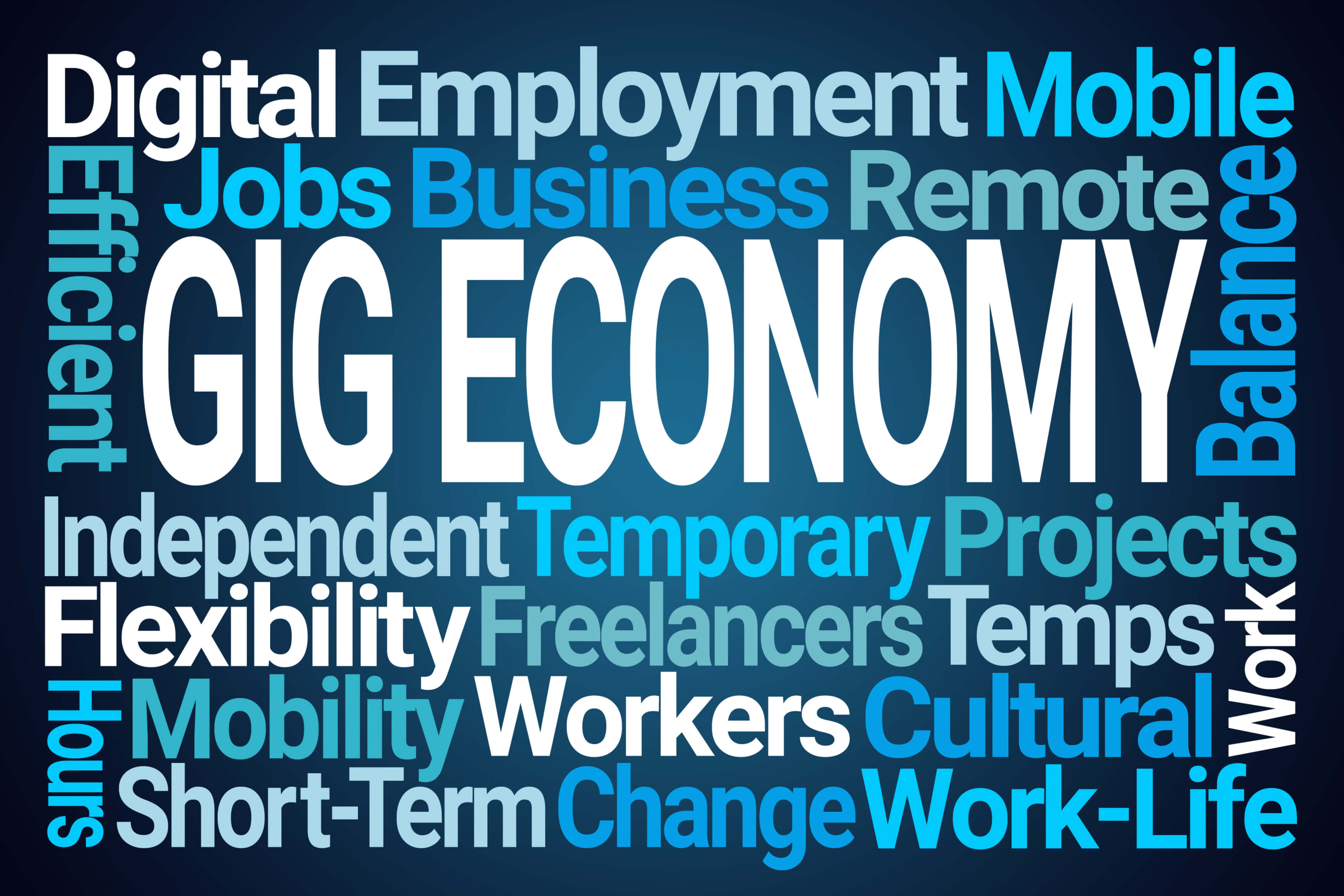Taxes And Your Side Job
Money earned through this
work is usually taxable.
 There was a time when someone said they “had a gig” it was coming from a musician, comic, or other performer indicating they had booked a show or event. More recently, we associate “gig” with technology (short for gigabyte) indicating data storage capacity. In this case, it’s somewhat a mix of the two. We’re talking about gig economy, activity where people earn income providing on-demand work, services, or goods. Often, it’s through a digital platform like an app or website.
There was a time when someone said they “had a gig” it was coming from a musician, comic, or other performer indicating they had booked a show or event. More recently, we associate “gig” with technology (short for gigabyte) indicating data storage capacity. In this case, it’s somewhat a mix of the two. We’re talking about gig economy, activity where people earn income providing on-demand work, services, or goods. Often, it’s through a digital platform like an app or website.
If you are involved in this type of “gig,” you need to understand how your work affects your taxes. Your gig may be your full-time job, a side job, or maybe a “fill in” between jobs. A little pre-planning can help make sure you are prepared when it’s time to file your tax return.
What Is The “Gig Economy”?
The gig economy is also referred to as the on-demand, sharing, or access economy. People involved in the gig economy earn income as a freelancer, independent worker, or employee. They use technology to provide goods or services. This includes things like renting out a home or spare bedroom (i.e. Airbnb, Vrbo, etc.) and providing car rides (think Uber, Lyft, etc.).
The Gig Economy and Taxes
Here are some things you should know about the gig economy and taxes:
- Money earned through this work is usually taxable.
- There are tax implications for both the company providing the platform and the individual performing the services.
- This income is usually taxable even if:
- You don’t receive an information return, like a Form 1099-MISC, Form 1099-K, or Form W-2.
- The activity is only part-time or side work.
- You are paid in cash.
- People working in the gig economy are generally required to pay:
- Income taxes.
- Federal Insurance Contribution Act (FICA) or Self-employment Contribution Act tax.
- Additional Medicare taxes.
- If you are an independent contractor, you may be able to deduct business expenses. You should double-check the rules around deducting expenses related to the use of things like your car or house. You should remember to keep records of your business expenses.
- This is very important!
- Special rules usually apply to rental property also used as a residence during the tax year. You should remember that rental income is generally fully taxable.
- If you do not have taxes withheld from your pay, you have two ways to pay your taxes in advance:
- In addition to your gig job, if you have another job where your employer withholds taxes from your paycheck, you can fill out and submit a new Form W-4 request that the other employer withhold additional taxes from your paycheck. This additional withholding can help cover the taxes owed from your gig economy work.
- The second option is to make quarterly estimated tax payments throughout the year to pay your taxes and any self-employment taxes owed.
If you receive income through the gig economy, consult your local tax professional to find out what steps you need to take to be prepared when it’s time to file your income tax return.
Bayshore CPA’s, P.A. are your local Certified Public Accountants
and Tax Resolution Specialists conveniently located
in Mooresville, North Carolina
Image: ID 141294420 © Robwilson39 | Dreamstime.com